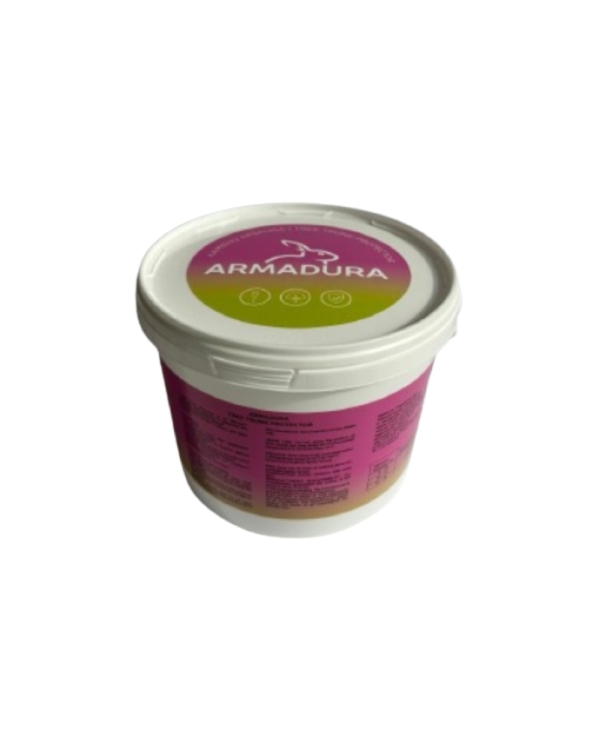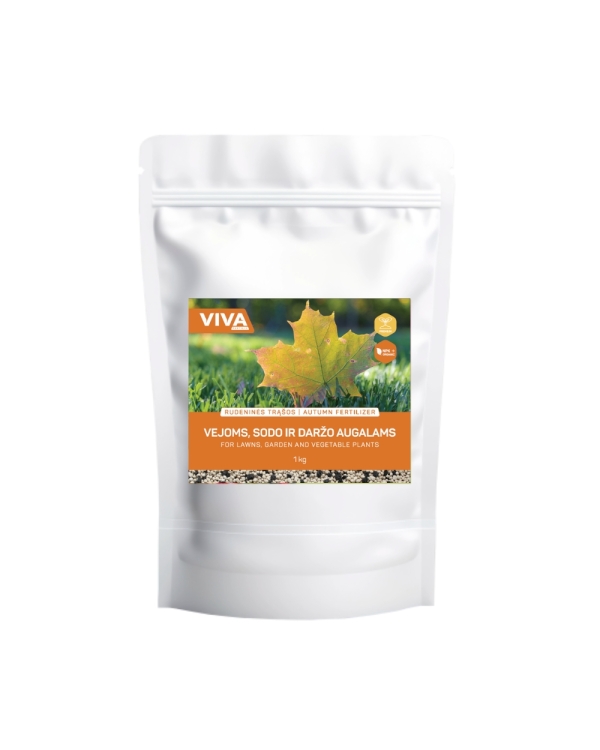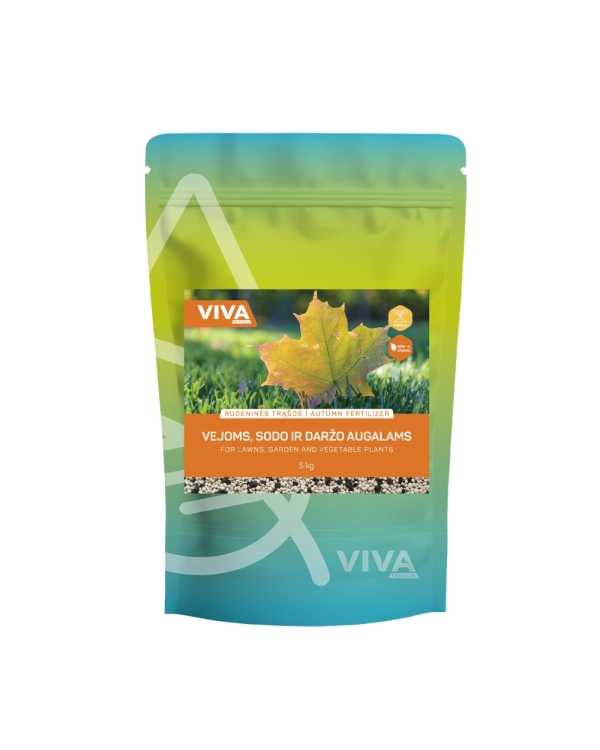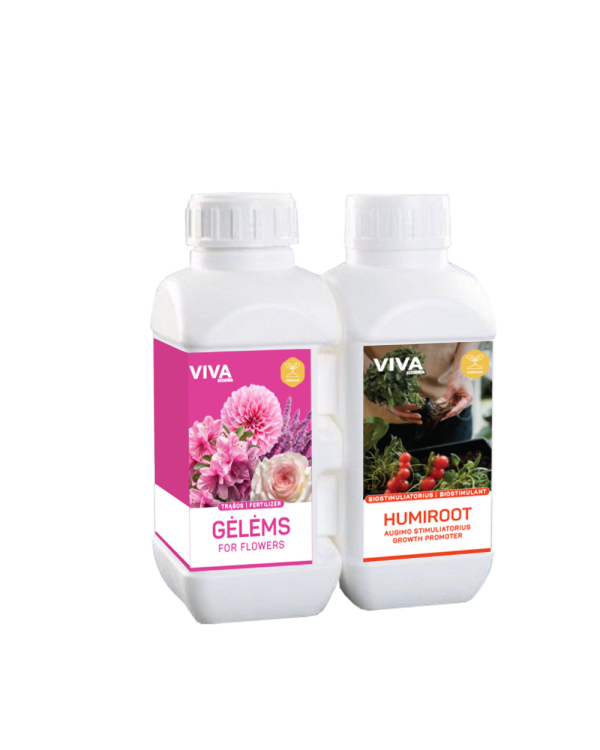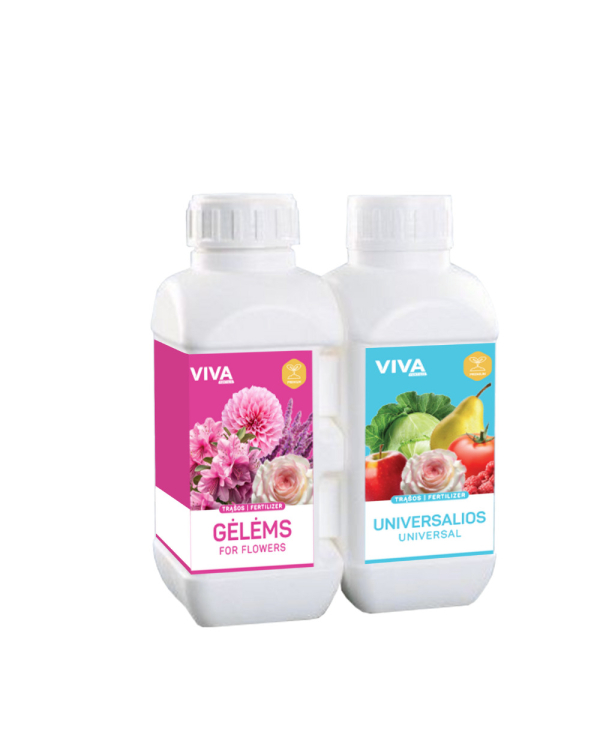Growing your own vegetables can be a rewarding and fulfilling experience. However, maintaining a healthy vegetable garden requires attention to detail and the ability to recognize when your plants are lacking essential nutrients. In this blog post, we will discuss the symptoms that indicate nutrient deficiencies in your vegetables, helping you address the issue and keep your garden flourishing.
- Yellowing leaves: Yellowing leaves are often the first sign of nutrient deficiency in vegetables. Nitrogen deficiency, for example, can cause the older leaves to turn yellow and eventually fall off. Similarly, iron deficiency can lead to yellowing between the leaf veins, while magnesium deficiency results in yellowing along the edges of the leaves.
- Stunted growth and poor yield: If your vegetables are not growing as expected or are producing smaller or fewer fruits, it could be a sign of nutrient deficiency. Insufficient phosphorus can result in stunted growth and reduced yield, while a lack of potassium can lead to poor fruit development.
- Weak stems and small leaves: Weak stems and small leaves can be a sign of potassium deficiency in your vegetables. Potassium is vital for the overall health and strength of the plant, so a deficiency can significantly impact its growth and development.
- Leaf discoloration and spots: Discoloration or spots on the leaves may indicate a lack of essential nutrients. For example, a deficiency in manganese can cause leaves to develop grayish-brown spots, while a lack of calcium can lead to distorted, curled leaves and blossom end rot in fruits like tomatoes.
- Root damage: When vegetables lack essential nutrients, their roots may also be affected. A deficiency in phosphorus or calcium can result in weak and underdeveloped root systems, making it difficult for the plant to absorb water and other nutrients effectively.
How to address nutrient deficiencies in vegetables:
- Test your soil: Conducting a soil test is a crucial step in determining which nutrients your vegetables are lacking. This will provide you with valuable information about the pH level and nutrient content of your soil, allowing you to make informed decisions about which fertilizers or amendments to use.
- Use appropriate fertilizers: Once you know which nutrients your vegetables need, choose a fertilizer specifically formulated to address those deficiencies. Be sure to follow the application instructions and recommended dosage to avoid over-fertilization, which can cause additional problems.
- Amend your soil: In some cases, you may need to amend your soil to improve its structure and nutrient content. Adding organic matter, such as compost or well-rotted manure, can help replenish essential nutrients and improve the overall health of your soil.
- Monitor your watering: Overwatering or underwatering can exacerbate nutrient deficiencies. Ensure you are providing your vegetables with the appropriate amount of water to maintain healthy growth and nutrient uptake.
- Use bacterial and mycorrhizal fertilizers. Bacterial and mycorrhizal products activate the microbiological activity of the soil, form a symbiosis with the plant’s roots and prevent the entry of pathogens. All this increases the absorption of nutrients and water from the soil and ensures a healthy plant vegetation and yield.
Keeping your vegetable garden healthy and productive requires vigilance in spotting nutrient deficiencies. By recognizing the symptoms and addressing them promptly, you can ensure that your garden continues to thrive. Regular soil testing, proper fertilization, and good gardening practices will go a long way in maintaining the health and abundance of your vegetables.
our top products
#vivafertis
in our blog
in our blog



